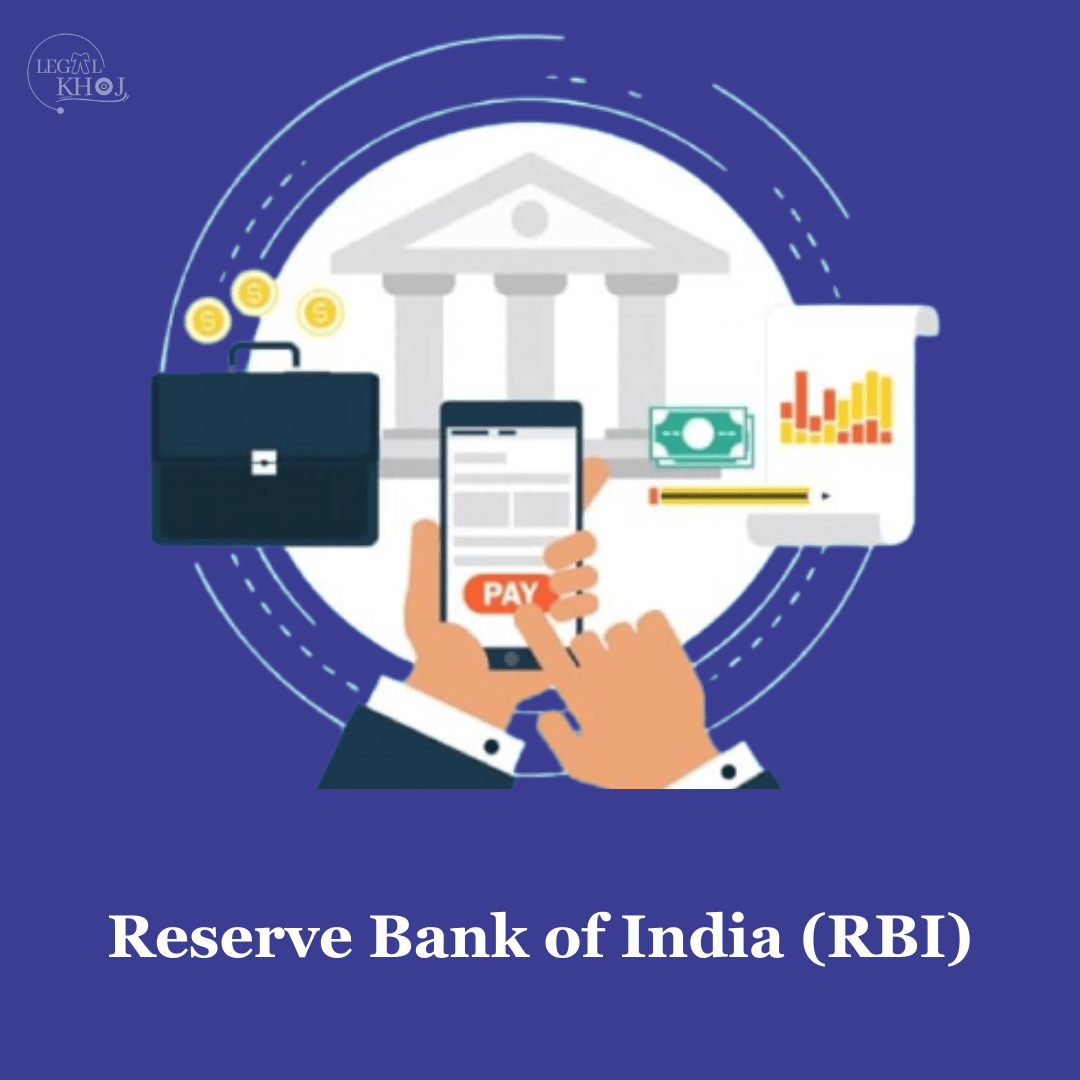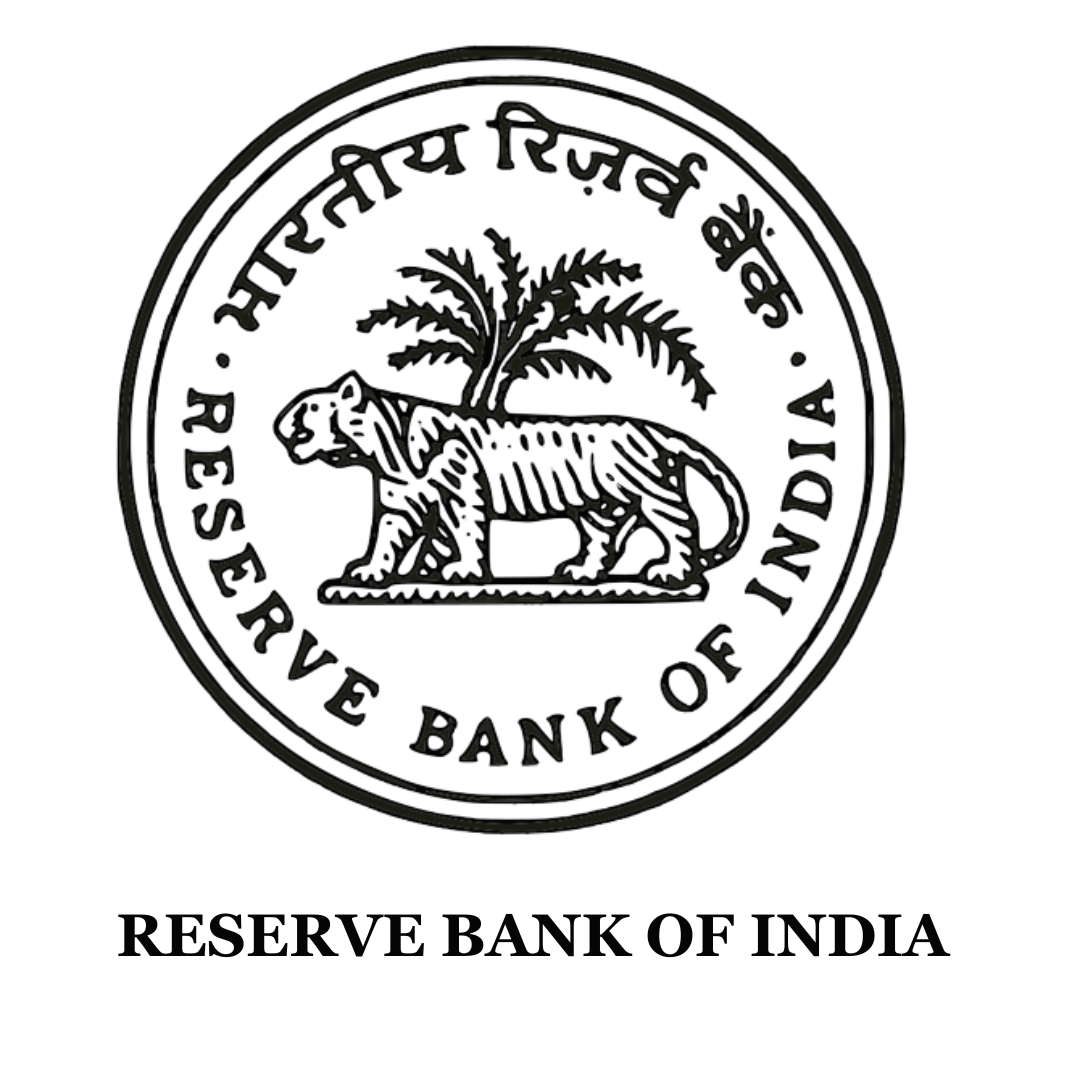Introduction of Reserve Bank of India (RBI)
The banking sector serves as the backbone of any economy, facilitating economic activities by providing financial services and ensuring the efficient allocation of resources. In India, the Reserve Bank of India (RBI) plays a pivotal role in regulating and supervising the banking industry. One of the key regulatory mandates imposed by the RBI is the requirement to have at least two Whole Time Directors (WTDs) on their boards. This regulatory measure is designed to enhance governance, ensure stability, and foster a culture of accountability within financial institutions. This essay delves into the significance of this mandate, exploring its historical context, its implications for the banking sector, and the broader impact on the Indian economy.
Historical Context Reserve Bank of India (RBI)
The origins of the requirement for two Whole Time Directors can be traced back to the early stages of banking regulation in India. As the Indian economy underwent significant transformations post-independence, the need for a robust banking framework became apparent. The establishment of the RBI in 1935 marked a crucial milestone in this regard. Over the years, the RBI has continually refined its regulatory guidelines to align with the evolving financial landscape.
 Enhancing Governance and Accountability
Enhancing Governance and Accountability
At its core, the mandate for two Whole Time Directors is a strategic move by the RBI to enhance corporate governance. Corporate governance is the bedrock of a stable and transparent banking system, fostering investor confidence and ensuring the prudent management of financial institutions. By stipulating the presence of two WTDs, the RBI ensures that decision-making processes are robust, diverse, and inclusive. This diversity in leadership mitigates the risk of unilateral decision-making and promotes a culture of collaboration and collective responsibility.
Ensuring Stability in the Banking Sector
A stable banking sector is vital for the overall economic stability of a country. The custodians of public funds, and any instability in the banking sector can lead to widespread financial distress. The presence of two Whole Time Directors acts as a safeguard against abrupt and uninformed decisions, promoting stability and resilience in the face of economic challenges. Moreover, the requirement ensures that the banks’ leadership is well-equipped to navigate complex financial landscapes, fostering adaptability and sustainability.
Fostering Ethical Conduct and Risk Management
Ethical conduct and effective risk management are paramount in banking operations. The presence of two Whole Time Directors promotes ethical behavior by creating a system of checks and balances within the leadership. Additionally, it strengthens risk management practices by encouraging a holistic approach to identifying, assessing, and mitigating risks. With multiple perspectives at the helm, banks are better equipped to anticipate potential risks and formulate comprehensive risk mitigation strategies.
Must Read:- Selection Process for ADA and DDA positions in Punjab and Haryana High Court
Impact on Financial Inclusion and Economic Growth
Financial inclusion, the process of ensuring access to financial services for all individuals and businesses, is a cornerstone of economic development. By promoting robust governance and stability, the mandate for two Whole Time Directors indirectly supports financial inclusion initiatives. When banks are well-governed and stable, they are more inclined to engage in socially responsible banking practices, extending their services to underserved and marginalized communities. This, in turn, fosters economic growth by empowering individuals and businesses with the financial tools needed to thrive.
Challenges and Adaptations
While the mandate for two Whole Time Directors is a significant step towards strengthening the banking sector, it is not without challenges. One of the key challenges is ensuring that the appointed directors possess the necessary skills, expertise, and ethical integrity to fulfill their roles effectively. The RBI, in collaboration with industry stakeholders, must invest in training and capacity-building programs to nurture a pool of competent banking professionals.
Moreover, the banking landscape is witnessing rapid technological advancements, transforming the way financial services are delivered and consumed. To adapt to these changes, the RBI needs to periodically review and update its guidelines to align with emerging technologies, ensuring that the mandate for two Whole Time Directors remains relevant and effective in the digital era.
Conclusion Reserve Bank of India (RBI)
The RBI’s mandate for banks to have at least two Whole Time Directors on their boards is a testament to the regulator’s commitment to ensuring a stable, transparent, and accountable banking sector. By enhancing governance, fostering ethical conduct, and promoting financial inclusion, this regulatory measure creates a solid foundation for economic growth and prosperity. As the banking industry continues to evolve, it is imperative for regulators, and other stakeholders to collaborate, adapt, and uphold the principles that underpin a robust financial system. Through these collective efforts, India can sustain its trajectory of economic growth, supported by a resilient and responsible banking sector.
Must Read:- Calcutta High Court orders inquiry into Diamond City West Association









Leave a Reply